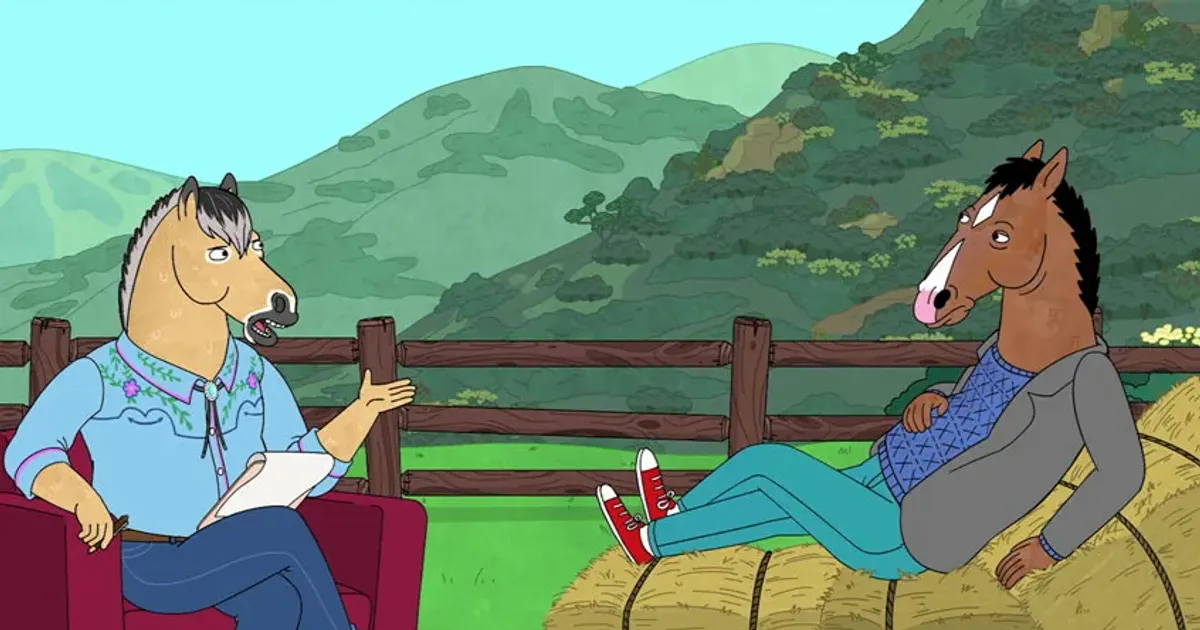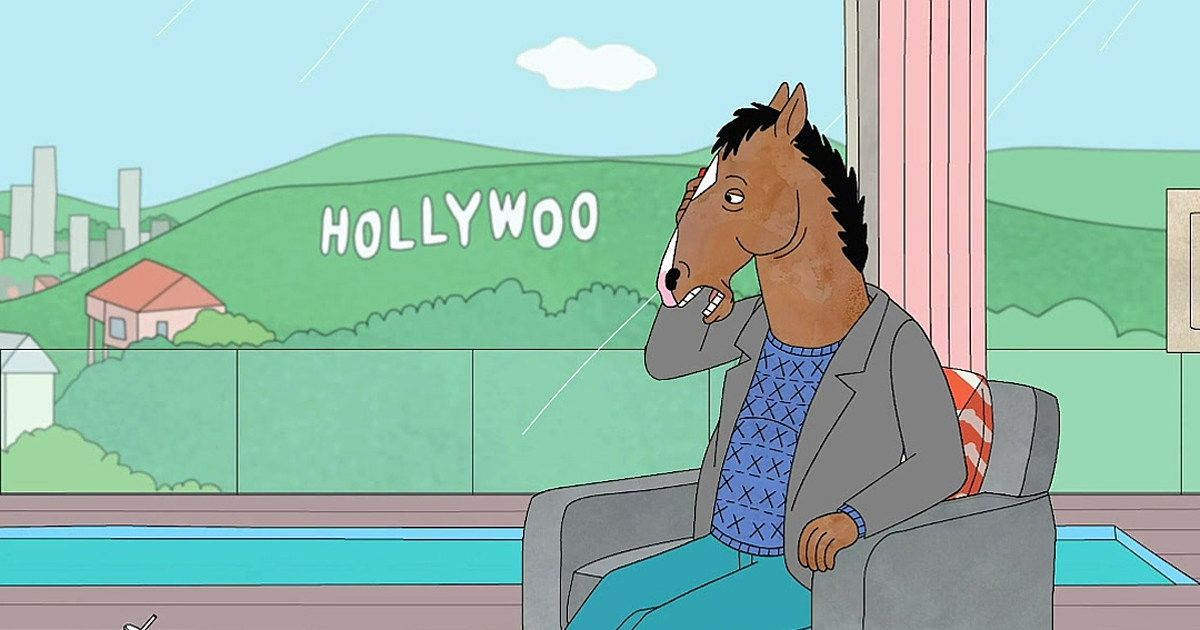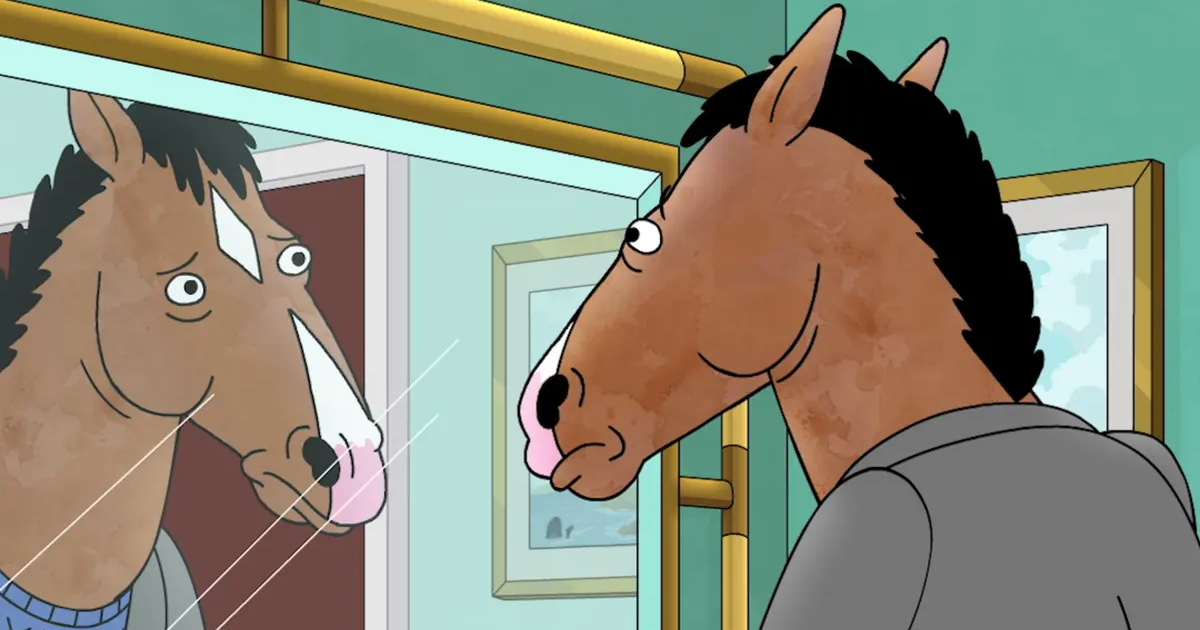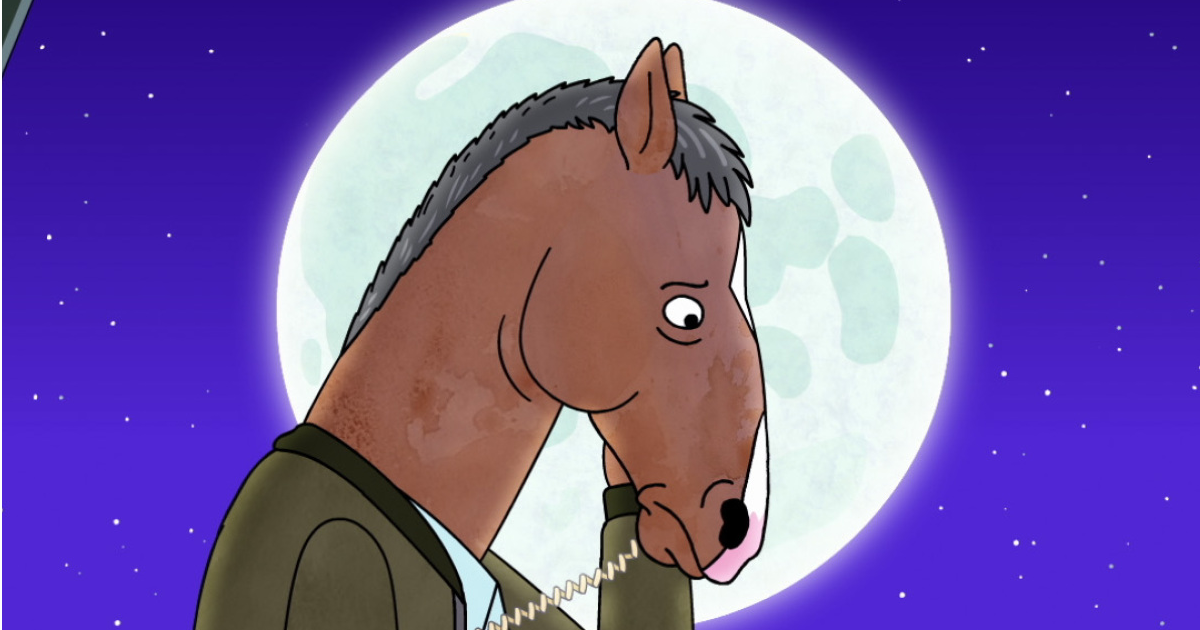The Netflix original BoJack Horseman is a master class in both comedic and dramatic storytelling. The show is one of the best adult animated TV shows, one of the most depressing shows of all time, and yet also one of the most hopeful and funny despite itself. Few other shows are able to pull off an ending where all the main character’s friends leave him and he’s thrown in jail, while also being a somewhat happy ending.
Part of BoJack Horseman's success is how much it diverts from the normal tropes of comedy. Things the characters do have permanent, lasting consequences that can come to haunt them in later episodes. BoJack always commits to jokes, spinning them out and their inevitable consequences. The show is not afraid to delve into the truth of what an awful person BoJack is, while also leaving the door open for him to improve one day. With Will Arnett, who voices BoJack, working on projects like Murderville and a Peacock Twisted Metal adaptation, it’s worth looking at what other comedies can learn from BoJack Horseman.
Commitment to Jokes
One long-running joke in BoJack happens after BoJack steals the "D" from the Hollywood sign. Once the "D" is gone from the sign, for the rest of the series, whenever a character refers to Hollywood, they instead call it "Hollywoo," referencing the fact that the "D" from the sign is now gone. Whereas some other comedies would simply ignore or disregard this joke later, it makes the world feel much more lived in if you commit to jokes like these.
Comedies have a tendency to ignore the consequences of a punchline to a joke, a TV trope called the "reset button". Shows like The Simpsons or Family Guy will often reset everything to a status quo in between episodes, so even if the house that a sitcom family lived in was completely demolished, it would be repaired in the next episode, or if it became a running joke, it would appear occasionally in a few episodes, but be otherwise ignored when it becomes inconvenient.
This is a comedy convention of most sitcoms. There is a comfy status quo that is returned to after every episode. The reason they do this is that it makes it easier to jump into a series halfway through. While this was necessary for television in the pre-streaming era — where you could watch season four of a show before ever seeing the pilot — in the era of streaming, it's hard to accidentally jump into the middle of a show. Comedies have room to be more serialized and less episodic. This is a good thing for the medium because it helps when comedies want to get serious to sell the idea that the world exists even in the space between episodes.
The Main Character Doesn’t Have to Be a Good Person
Most characters in comedies do awful things to people. Often, we're meant to laugh at these as high jinks or pranks, and, moreover, they end up not having any lasting consequences. This leads to issues where people note the terrible things characters do in sitcoms and these moments become flaws in the show. They dig into the likeability of the characters, and it feels especially bad because the character often sees no repercussions or consequences for their actions.
BoJack Horseman leans into this idea. BoJack himself does truly awful things to the people around him, some that get treated for comedic effect and others that are dramatic. However, each of these things comes back to haunt him. BoJack Horseman isn't a good person, and that is quite intentional. Though he is fun to watch, and his actions can often be understandable, the things he decides to do are ultimately heinous.
BoJack offsets this a bit by having its side characters become more likable than the main character, and their happiness is often put in direct opposition to BoJack and what he wants. Princess Carolyn, his devoted agent, has to deal with his often unprofessional attitude and deep immaturity. Diane, his biographer, has to deal with his simultaneous unwillingness to improve himself while also not respecting her boundaries. Todd, his friend and roommate, has to deal with BoJack effectively bullying him yet wanting him to stick around so that he feels less alone. Each of these characters has their own drama and arc, and in the end, part of their growth involves detaching themselves from BoJack and becoming their own person.
Comedies Shouldn't Be Afraid to Have Deeper Messages
One issue that makes sitcoms afraid of having deeper messages is the ghost of the "very special episode". Occasionally, in the 80s and 90s, comedies would have episodes about important social issues. Full House, one of BoJack's inspirations, had a few of these dealing with child abuse or anorexia. The issues with these episodes were that they were very much contained to a single episode and only dealt with these issues in a very saccharine way. Saved by the Bell had an anti-drug episode in which a character got addicted to caffeine pills, but that addiction never came up again.
BoJack Horseman, however, weaves its heartfelt messages in with its social commentary and comedy. One of the main issues that the show deals with is depression, and that key theme runs throughout the show and intermixes with the other themes. BoJack often jokes about his own depression, acknowledging it even if he is unwilling to deal with it in a healthy way. The show has faith that its audience is smart enough to understand that BoJack's behavior is an unhealthy way to deal with his own feelings. When BoJack deals with addiction, it becomes a season-long plot line that culminates in BoJack having to go to rehab in the season finale.
BoJack is a serious and heavy show that is simultaneously funny and whimsical. Most of these can be attributed to the excellent writing of the show, but at least some of these is because of the show's exceptional discipline. Characterization and story is never thrown under the bus for the sake of a joke, and it feels as though the world is alive and real, in a way that many TV comedies don't manage to achieve.




